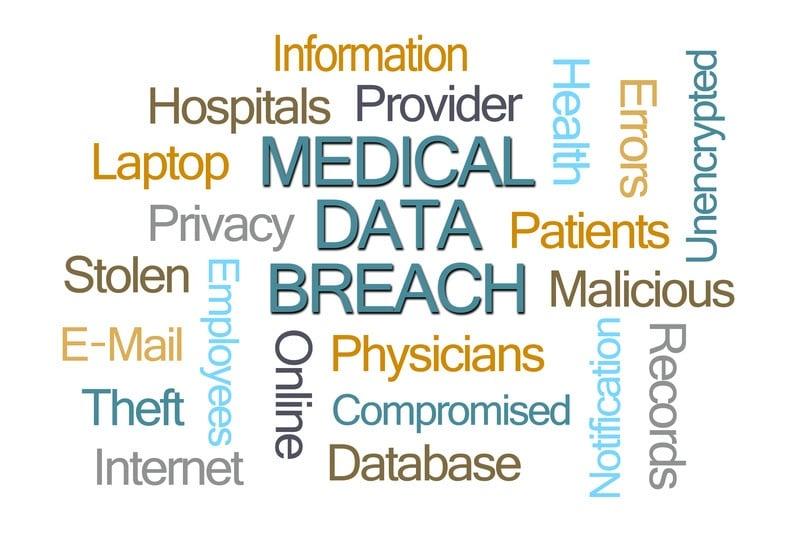Privacy, Security, and Confidentiality
Complex passwords, enforcement of restrictions that limit access to authorized personnel, encryption of data to avoid interception, and regular resetting of passwords are only some of the interdisciplinary measures advocated to secure sensitive medical data.
Importance of Interdisciplinary Collaboration to Safeguard Sensitive Electronic Health Information
Disciplinary actions may take several forms when it becomes clear that members of an interdisciplinary team have broken the rules. As a result of the harm they caused, many have had their licenses revoked or suspended, while others have gone to prison or been fired (Kleib et al., 2022). Healthcare businesses are severely hampered by the prohibitive compensation expenses brought on by employee violations of the rules.
Evidence Relating to Social Media Usage and PHI
Consequently, it is the responsibility of every medical professional to keep this platform secure and to review its material on a regular basis to ensure that patient privacy is respected. Throughout, there should be a consideration for professional boundaries in all online contacts with patients. It is the responsibility of the healthcare practitioner to verify that only the patient receiving care is present throughout the whole exchange (Arvisais-Anhalt et al., 2022).
ALSO READ: Best Capella FlexPath Writers
References
Arvisais-Anhalt, S., Lau, M., Lehmann, C. U., Holmgren, A. J., Medford, R. J., Ramirez, C. M., & Chen, C. N. (2022). The 21st century cures act and multiuser electronic health record access: potential pitfalls of information release. Journal of medical Internet research, 24(2), e34085. https://doi.org/10.2196/34085
Javaid, M., & Khan, I. H. (2021). Internet of Things (IoT) enabled healthcare helps to take the challenges of COVID-19 Pandemic. Journal of Oral Biology and Craniofacial Research, 11(2), 209-214. https://doi.org/10.1016/j.jobcr.2021.01.015
